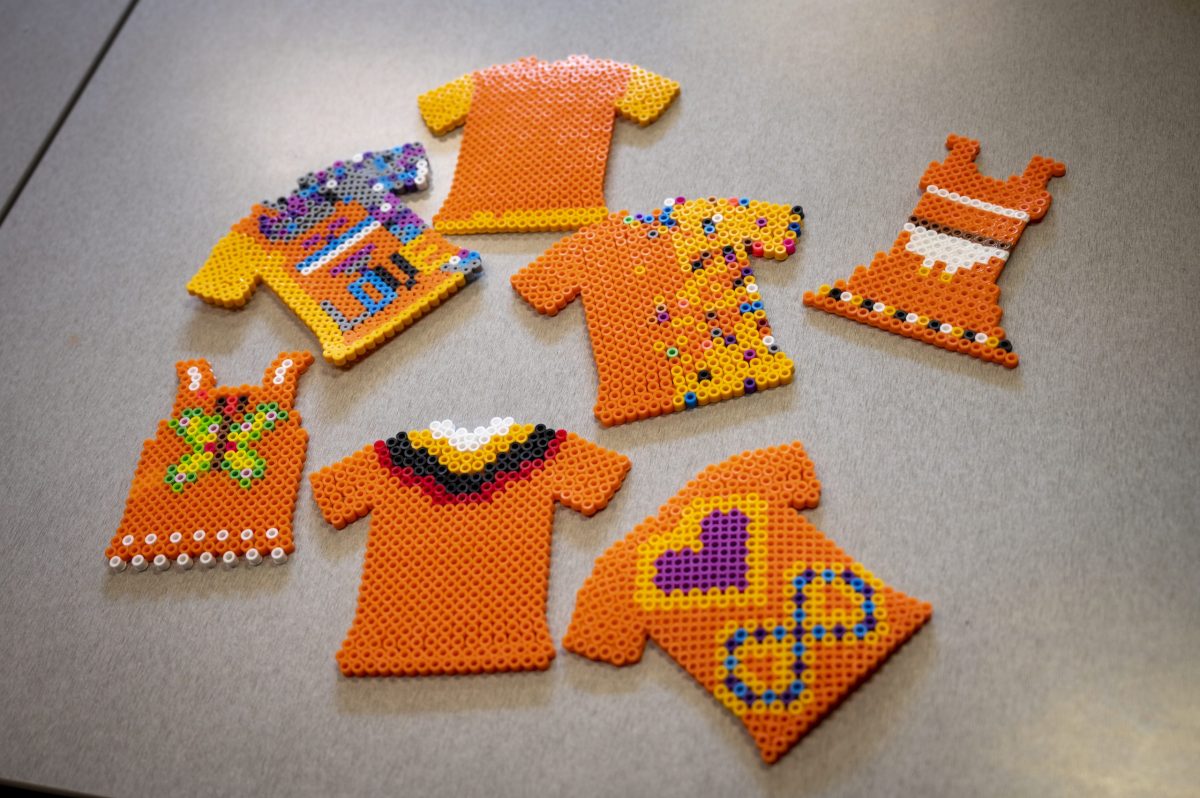Canada has a rich and diverse culture, but beneath the surface lies a history that we must first acknowledge and then confront to move forward. This brings us to restoring Truth with the National Day for Truth and Reconciliation, observed every year on September 30th. First established in 2021, this day is a step towards acknowledging and addressing the dark chapters of Canadian history—particularly the devastating impacts of the residential school system on Indigenous communities.
Why celebrate the National Day for Truth and Reconciliation?
You might wonder why we need a specific day for truth and reconciliation. National Day for Truth and Reconciliation honours the children who never returned home from residential schools and the survivors, their families, and their communities. It’s a vital component of the reconciliation process that seeks to mend the deep wounds and losses inflicted by colonialism.
The Canadian government created this federal statutory holiday in response to the Truth and Reconciliation Commission’s Calls to Action. This day serves as a public commemoration of the tragic and painful history of residential schools–the policies, practices, and their ongoing impacts.
Expert insights
In the words of Chief Robert Joseph, a hereditary chief of the Gwawaenuk First Nation and a founder of Reconciliation Canada, “Reconciliation is not an Aboriginal problem; it is a Canadian one.” His statement underscores the collective responsibility of all Canadians to engage in the reconciliation process actively.
Senator Murray Sinclair, who chaired the Truth and Reconciliation Commission, also emphasizes the importance of remembering and acknowledging the past. “Education got us into this mess, and education will get us out,” he says, highlighting the critical role of awareness and learning in reconciliation.
Addressing the critics
Some may argue that this day is “woke” or mere virtue signaling. However, acknowledging the brutal realities and lasting trauma of residential schools is not about political correctness—it’s about resilience, healing, and building a stronger future for all Canadians by acknowledging our past and ensuring these injustices are made right. According to Dr. Cindy Blackstock, a prominent advocate for Indigenous children’s rights, “Reconciliation means not having to say sorry a second time.”
Colonialism attempted to erase Indigenous cultures, languages, and identities. The residential school system, which operated between 1867 and 1996, forcibly removed Indigenous children from their families to assimilate them into Canadian society. This systematic destruction of communities left intergenerational scars that persist today. The National Day for Truth and Reconciliation represents a commitment to restoring what was lost and ensuring such atrocities never happen again.
How to make the day meaningful
Commemorating the National Day for Truth and Reconciliation goes beyond wearing an orange shirt (though that is a powerful symbol of solidarity). Here are three meaningful actions you can take:
1. Educate yourself and others
Education is the foundation of reconciliation. Learn about the unique histories, cultures, and contributions of the First Nations, Inuit, and Métis peoples by reading books, watching documentaries, and participating in workshops. BCIT Indigenous Initiatives and Partnerships offers an Indigenous Awareness Module and extensive resources for those eager to learn more.
2. Support Indigenous businesses and artists
Economic support is a practical way to contribute to reconciliation. Purchase products from Indigenous-owned businesses and support Indigenous artists. Whether it’s buying artwork, clothing, jewelry, or even coffee, every purchase helps uplift Indigenous communities.
3. Participate in community events
Many communities host events to commemorate this da=y —attend them. These events often include ceremonies, storytelling, performances, and educational sessions. Engaging in these activities can deepen your understanding and appreciation of Indigenous cultures and histories.
Conclusion
The National Day for Truth and Reconciliation is more than a day off work—it’s an opportunity for all Canadians to reflect, learn, and act. By taking meaningful steps towards understanding and supporting Indigenous communities, we contribute to a future where every Canadian can thrive.
If you’re ready to take your commitment to the next level, consider connecting with BCIT Indigenous Initiatives and Partnerships, who can guide you through deeper learning and practical actions to support reconciliation. Together, let’s build a Canada that honours truth and fosters genuine reconciliation.
Learn more about what you can do to advance Reconciliation
